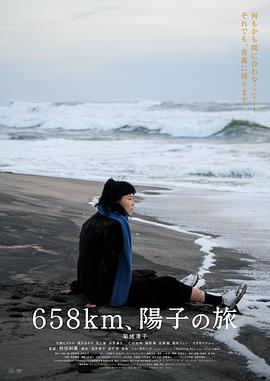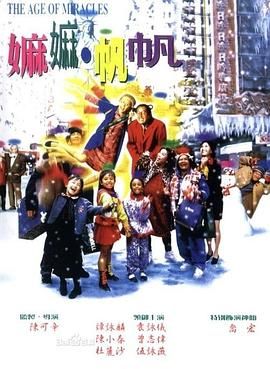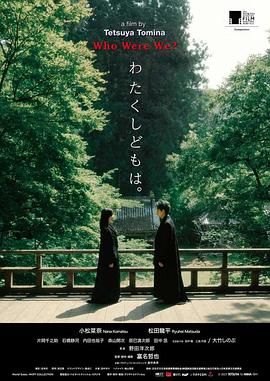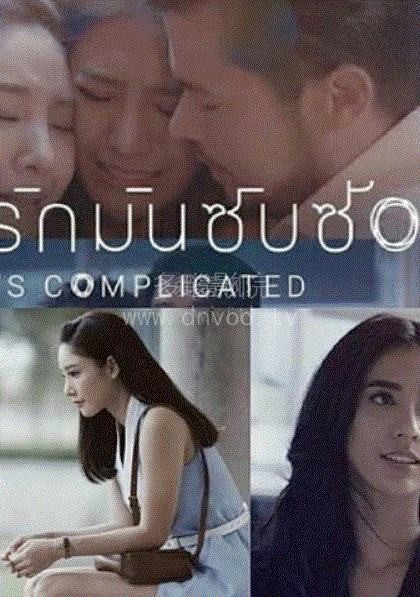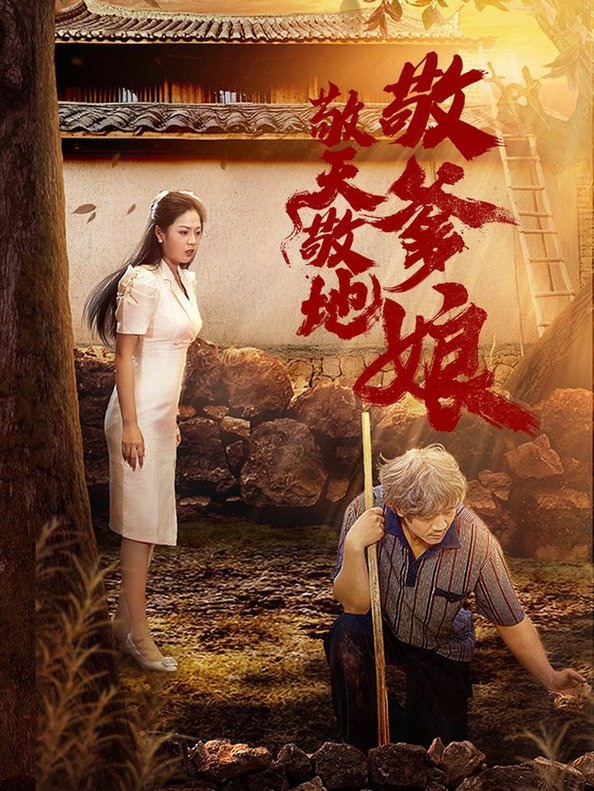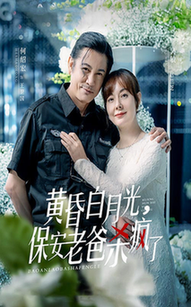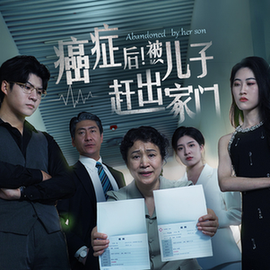- 正在播放《欧洲的某个地方》HD中字 - 暴风
- 提醒不要轻易相信视频中的任何广告,谨防上当受骗
- 技巧如遇视频无法播放或加载速度慢,可尝试切换播放节点或者切换解析
- 收藏河狸影视网址:www.heli999.com / www.heli999.com ,记得收藏哟~
剧情:
Somewhere in the remote region, the war ends. In the midst of ruined cities and houses in the streets, in rural hamlets, everywhere where people still live, are children who have lost their homes and parents. Abandoned, hungry, and in rags, defenseless and humiliated, they wander through the world. Hunger drives them. Little streams of orphans merge into a river which rushes forward and submerges everything in its path. The children do not know any feeling; they know only the world of their enemies. They fight, steal, struggle for a mouthful of food, and violence is merely a means to get it. A gang led by Cahoun finds a refuge in an abandoned castle and encounters an old composer who has voluntarily retired into solitude from a world of hatred, treason, and crime. How can they find a common ground, how can they become mutual friends The castle becomes their hiding place but possibly it will also be their first home which they may organize and must defend. But even for this, the price will be very high. To this simple story, the journalist, writer, poet, scriptwriter, movie director, and film theoretician Béla Balázs applied many years of experience. He and the director Géza Radványi created a work which opened a new postwar chapter in Hungarian film. Surprisingly, this film has not lost any of its impact over the years, especially on a profound philosophical level. That is to say, it is not merely a movie about war; it is not important in what location and in what period of time it takes place. It is a story outside of time about the joyless fate of children who pay dearly for the cruel war games of adults. At the time it was premiered, the movie was enthusiastically received by the critics. The main roles were taken by streetwise boys of a children's group who created their roles improvisationally in close contact with a few professional actors, and in the children's acting their own fresh experience of war's turmoil appears to be reflected. At the same time, their performance fits admirably into the mosaic of a very complex movie language. Balázs's influence revealed itself, above all, in the introductory sequences an air raid on an amusement park, seen in a montage of dramatic situations evoking the last spasms of war, where, undoubtedly, we discern the influence of classical Soviet cinematography. Shooting, the boy's escape, the locomotive's wheels, the shadows of soldiers with submachine guns, the sound of a whistle—the images are linked together in abrupt sequences in which varying shots and expressive sharp sounds are emphasized. A perfectly planned screenplay avoided all elements of sentimentality, time-worn stereotypes of wronged children, romanticism and cheap simplification. The authors succeeded in bridging the perilous dramatic abyss of the metamorphosis of a children's community. Their telling of the story (the scene of pillaging, the assault on the castle, etc) independently introduced some neorealist elements which, at that time, were being propagated in Italy by De Sica, Rossellini, and other film artists. The rebukes of contemporary critics, who called attention to formalism for its own sake have been forgotten. The masterly art of cameraman Barnabás Hegyi gives vitality to the poetic images. His angle shots of the children, his composition of scenes in the castle interior, are a living document of the times, and underline the atmosphere and the characters of the protagonists. The success of the picture was also enhanced by the musical art of composer Dénes Buday who, in tense situations, inserted the theme of the Marseilaise into the movie's structure, as a motive of community unification, as an expression of friendship and the possibility of understanding. Valahol Europaban is the first significant postwar Hungarian film. It originated in a relaxed atmosphere, replete with joy and euphoria, and it includes these elements in order to demonstrate the strength of humanism, tolerance, and friendship. It represents a general condemnation of war anywhere in the world, in any form.收起
【已完结】
官网同步更新,若有延迟请稍作休息再看看
官网同步更新,若有延迟请稍作休息再看看
【已完结】
官网同步更新,若有延迟请稍作休息再看看
官网同步更新,若有延迟请稍作休息再看看
【已完结】
官网同步更新,若有延迟请稍作休息再看看
官网同步更新,若有延迟请稍作休息再看看
相关影片
2024剧情片中国大陆 / 马来西亚
热播
HD
2023剧情片日本
热播
HD
2009剧情片中国大陆
热播
更新20241029
2024剧情片中国大陆
热播
TC
2012剧情片美国
热播
正片
2024剧情片中国大陆
热播
正片
2008剧情片英国
热播
王俊凯为角色注入温柔力量
1996剧情片中国香港
热播
正片
2024剧情片中国大陆
热播
破译者为国奉献
2024剧情片中国大陆 / 中国香港
热播
怪咖姑侄解开人生
2024剧情片中国大陆
热播
外卖大哥勇敢前行
2023剧情片中国大陆
热播
顶级阵容演绎英勇志愿军
2015剧情片日本
热播
大难临头友情不在
正在热播
更多2020日韩剧泰国
热播
普鲁克(西提达·萨帕努查 Sittha Sapanuchart 饰)和西恩(阿努瓦·宗澈德拉塔纳 Anuwat Choocherdratana 饰)是一对交往多年的同性情侣,两人之间的感情一直都十
已完结
2017日韩剧泰国
热播
拉米尔(纳得克·库吉米亚 Nadech Kugimiya 饰)是一名警察,四肢发达头脑简单的他习惯于依靠力量来行事,因此个性略微的有些狂妄自大。帕塔(尤拉萨雅·斯帕邦德 Urassaya Sper
已完结
2019日韩剧泰国
热播
已完结
2018日韩剧泰国
热播
已完结
2020欧美剧菲律宾
热播
已完结
2018日韩剧日本
热播
已完结
2024动漫日本
热播
更新至04集
2018综艺大陆
热播
更新至20241029期



